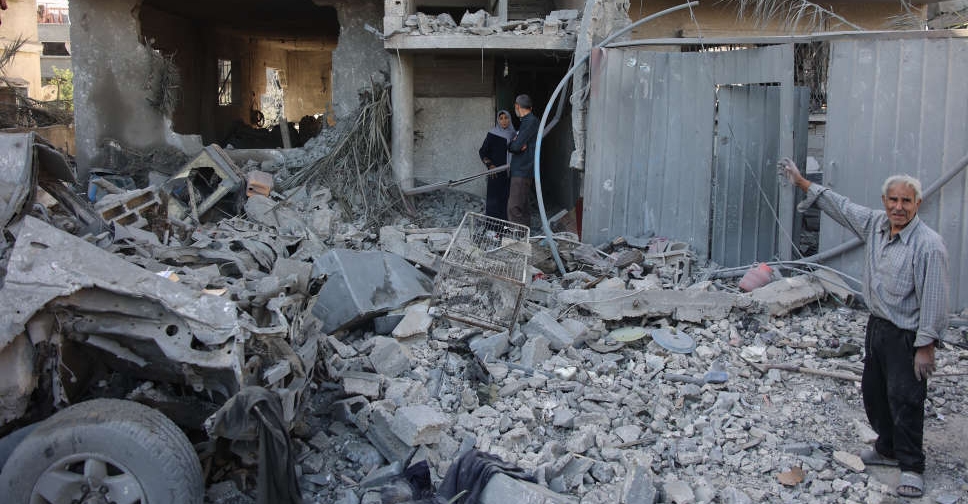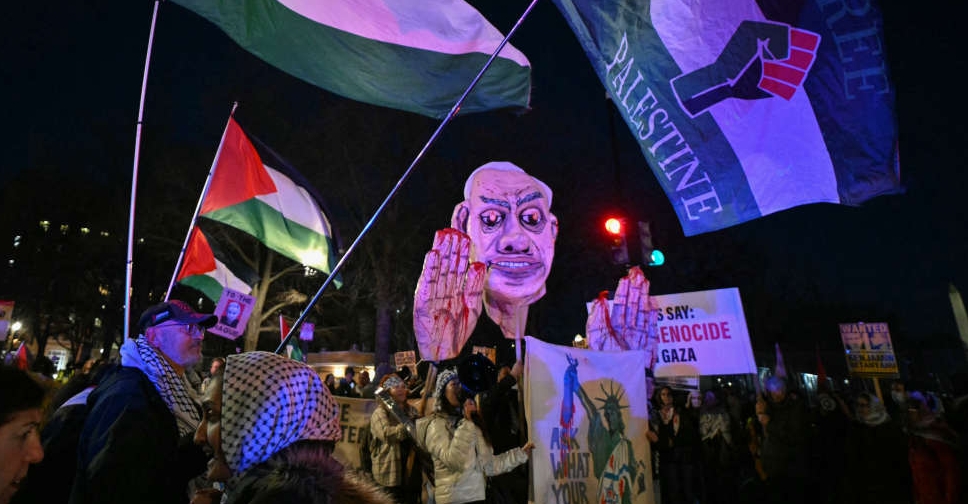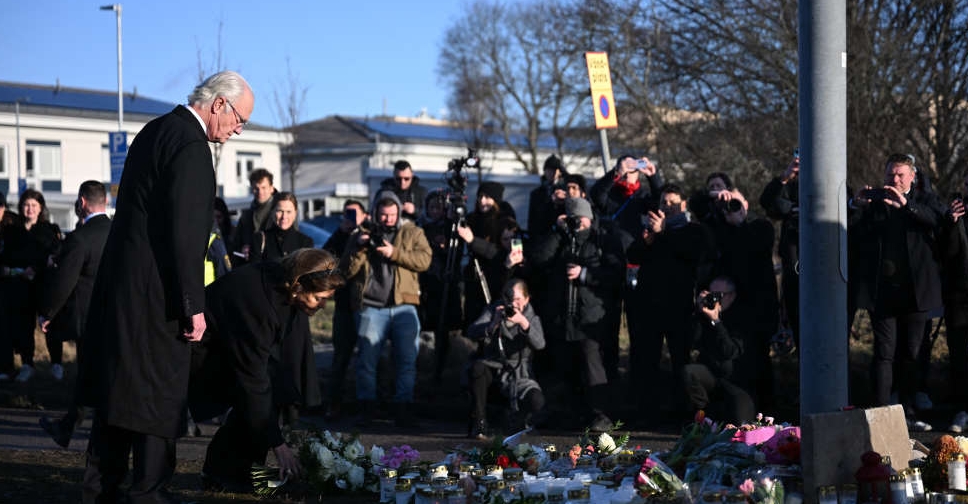
The Israeli military bombed at least five crowded homes in northern Gaza early on Thursday with many casualties buried beneath the rubble, Palestinian health officials said, with Hamas putting the number of dead at 66.
Rescue operations were under way in the northern Gaza town of Beit Lahiya.
There was no comment by the Israeli military, which has been operating in Beit Lahiya and the nearby Jabalia and Beit Hanoun since early last month in a campaign it said was aimed at preventing Hamas fighters from regrouping and waging attacks.
Hussam Abu Safiya, director of Kamal Adwan Hospital in Beit Lahiya, one of three medical facilities barely operational in the besieged northern area, said at least 200 people lived in the residential district that was bombed in Beit Lahiya and that many people remained missing.
Abu Safiya said medics were recovering injured people and treating them on-site because they had no ambulance vehicles to move them to hospitals.
Even if the injured make it to hospital, many then die because of a lack of medical supplies and specialized surgeons after Israel detained or expelled most of the medical staff, Abu Safiya said.
Israeli operations in Gaza have focused for weeks on the northern edge of the territory, where the military has laid siege to three major towns and ordered residents to flee.
Residents in the three towns - Jabalia, Beit Lahiya and Beit Hanoun - said Israeli forces had destroyed hundreds of houses in since they began the latest offensive on October 5.
Palestinians say Israel appears determined to depopulate the area permanently to create a buffer zone along the northern edge of Gaza, which Israel denies.
Philippe Lazzarini, the head of the UN Agency for Palestinian Refugees (UNRWA), said on Thursday that 80 per cent
of the Gaza Strip is now high-risk, with many people increasingly desperate.
"They are trapped with no safe place to go. In northern Gaza, people remain under a tight siege. They run for their lives in vicious circles and have been deprived of humanitarian aid for more than 40 days now," he said in a post on X.
"Across Gaza, the delivery of the little aid allowed in has become overly complex including because of insecure routes," he added.


 Trump's Gaza plan triggers international condemnation
Trump's Gaza plan triggers international condemnation
 Argentina to quit World Health Organization: presidency
Argentina to quit World Health Organization: presidency
 Saudi Arabia says no Israel normalisation without Palestinian state
Saudi Arabia says no Israel normalisation without Palestinian state
 Hamas says Trump's 'absurd' remarks about Gaza could ignite region
Hamas says Trump's 'absurd' remarks about Gaza could ignite region
 Sweden mourns victims of country's deadliest gun attack
Sweden mourns victims of country's deadliest gun attack





